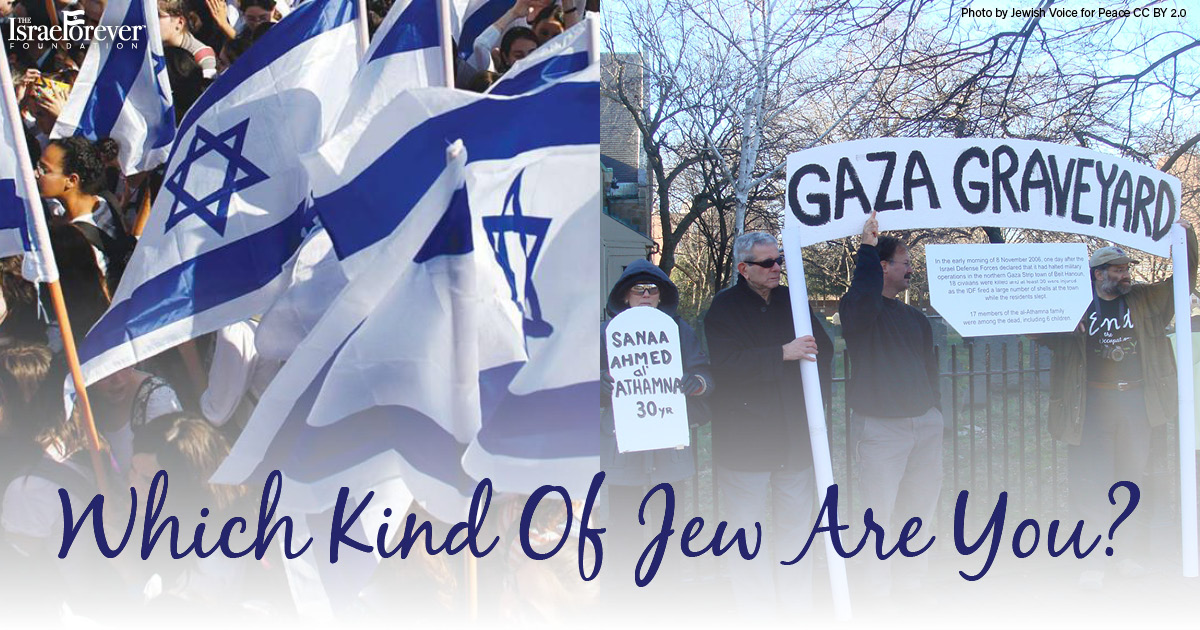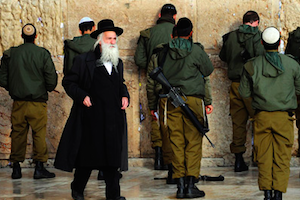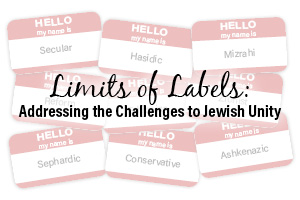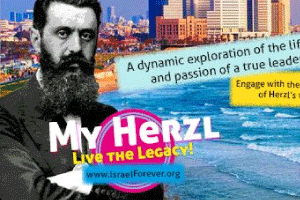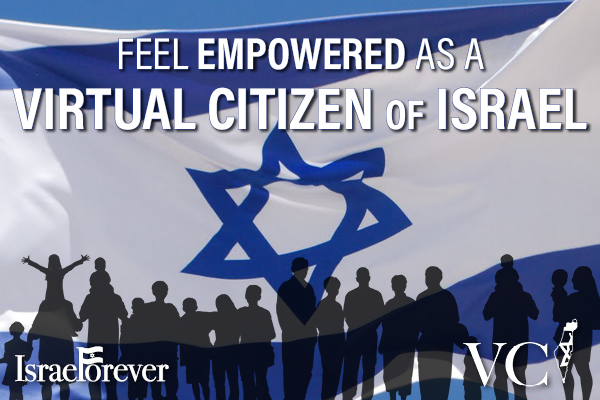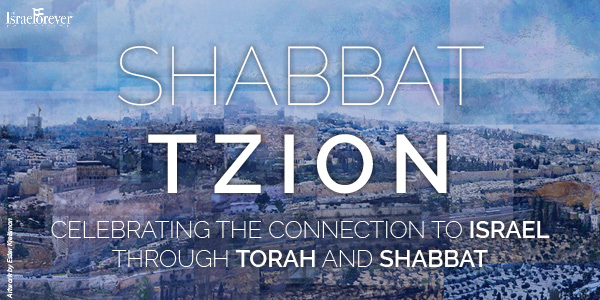modern day korach meet the challenge
This week’s parsha, Parshat Korach, is centered around a rebellious man named Korach while the Israelites are in the desert. Moses is the leader of the Jewish people, while his brother Aaron has been granted the role of the High Priest (“Kohen Gadol”) by G-d to serve as their spiritual leader.
Korach is unhappy with their leadership, and he is joined by more than 250 members of the community to challenge Moses and Aaron’s role as leaders of the Israelites. They try inciting a rebellion, astonishing Moses, who challenges the rebels to offer incense (a task reserved for the High Priest) to see whom G-d has truly designated for the special role. As soon as Korach and the other members attempt to do so, G-d becomes angry and causes the earth to open up, swallowing the rebels.
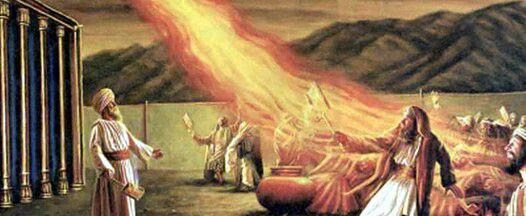
The next day, even more people are angry with Moses and Aaron, accusing them of causing the deaths of members of the community. G-d is once again angered and starts a plague before Aaron offers incense to halt it. Another test is brought, where all the leaders planted their staffs in the ground. Aaron’s staff blossoms, producing budding fruit and almonds, indicating that he is truly designated for the High Priest role.
Through his rebellious actions, Korach caused serious divisiveness within the Israelite community, making it even tougher for them to finally enter the land of Israel. In fact, the rabbis of the Talmud take an extremely hardline stance against people like Korach who engage in divisiveness, considering it a “divine transgression” (Sanhedrin 110a). Divisiveness destroys, and the only way to achieve long-term survival as a people is unity.
We have seen this same kind of divisiveness among Jews throughout our history and how damaging it is to our people. Unfortunately, unity among the Jewish people has always been hard to achieve, even in today’s era. With organizations like J Street and IfNotNow that are “Jewish” in name but in reality promote pro-Palestinian causes which harm Jews, it is ever so hard to unite our people. These are the modern-day Korachs, and they continue to divide and damage, rather than unite and strengthen. So how do we achieve unity in such a divisive atmosphere?
Of course, everyone will offer a different answer. But if we want to get closer, the first step is simply remembering who we are, and accepting each other in spite of our differences. No matter our background or political affiliation, we are all Jews who share the same history and connection to the land of Israel.
Our differences are so minute compared to how much we all have in common. But finding the commonalities is a challenge in this overcharged world. Standing behind Israel is one element of unity. Our unified voice defending Jewish rights to the Jewish homeland that was designed to unify Jews all over the world, will help us in our battle against the Korachs of today that seek to divide us.
So no matter what you believe, be active in your Jewish community. Take the initiative to bring Jews together to strengthen our people. Accept your fellow Jew despite any differences you may have. And stand behind Israel, a symbol of Jewish unity, while speaking up against the Korachs that harm our future as a nation.
FOOD FOR THOUGHT:
- How were Korach’s actions such a hindrance to the success of the Jewish people?
- Why is it important for the Jewish people to be united?
- Who are some modern-day Korachs? Who is a modern-day Aaron?
- What actions can you as an individual take to bring the Jewish people together?
Jacob Karlovsky

Jacob Karlovsky is from outside Phoenix, Arizona and is currently a student at the University of Pennsylvania. After first visiting Israel for his bar mitzvah in 2013, he instantly fell in love with the land and has returned several times since. In his free time he enjoys playing guitar and traveling to new places, and he also hopes to live in Israel one day.

